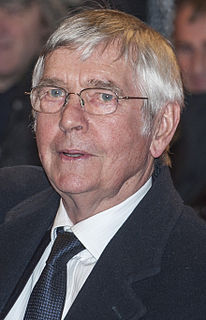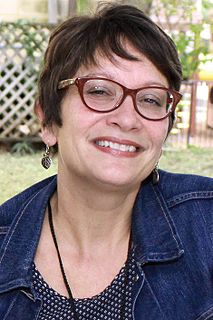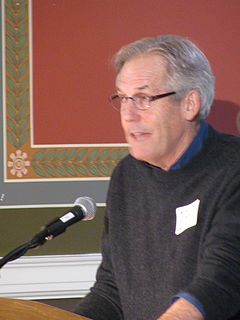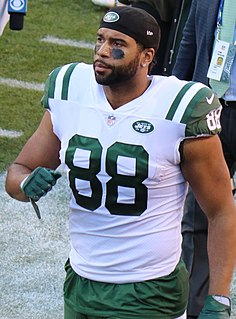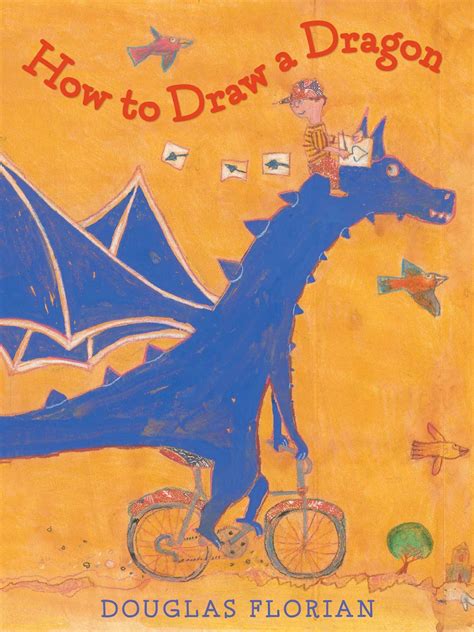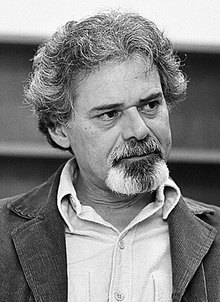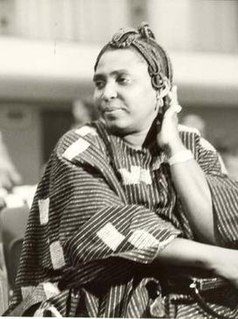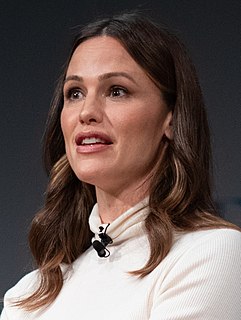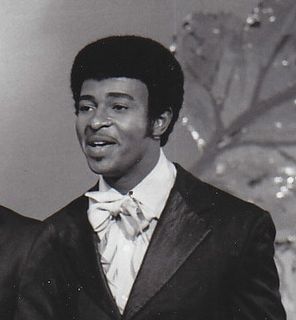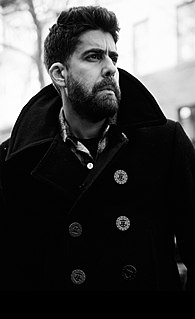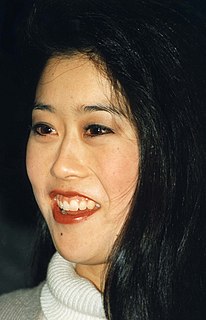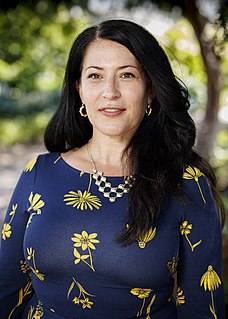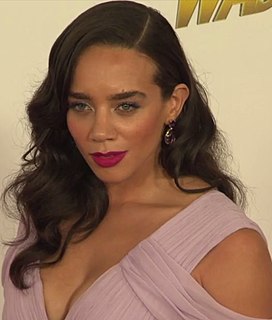Top 1200 Mother Day Poems Quotes & Sayings - Page 4
Explore popular Mother Day Poems quotes.
Last updated on April 21, 2025.
I love to read long books. I enjoy experiencing that extension. But it's not something I feel comfortable with and not something I think I can gain comfort with by practice. It was a real struggle for me while writing memoir to get past three pages or so. In poems, I can write long poems. But length in prose: no.
I wrote the poems in Charms Against Lightning one by one, over almost a decade, and I did not write them toward any theme or narrative. But once I really got serious about putting together a book, I began to see that in fact there were themes across the poems, if only because my own obsessions had brought me back time and again to the same ground. I realized that any ordering of the poems would determine how those themes developed over the manuscript, and how the collection's dramatic conflicts were resolved.
The poems in Helena Mesa’s virtuosic first book, Horse Dance Underwater, run with such speed, verve, and alacrity they leave you breathless, exhilarated, and transformed as if the purest kind of song had lifted you into the air. By this quickness of language finding lyric speech, Mesa’s poems remind us of art’s joyous and ecstatic effects.
Narrative nonfiction was not my forte. I always wanted to let my imagination run free, and the facts sometimes got in the way. At one point I wanted to illustrate Jack Prelutsky's enchanting poems. Unable to do that, I started devising and improvising my own poems, very raw at first. I immersed myself in verse, writing reams of stuff until it gelled.
When Emily Dickinson's poems were published in the 1890s, they were a best-seller; the first book of her poems went through eleven editions of a print run of about 400. So the first print run out of Boston for a first book of poems was 400 for a country that had fifty million people in it. Now a first print run for a first book is maybe 2,000? So that's a five-time increase in the expectation of readership. Probably the audience is almost exactly the same size as it was in 1900, if you just took that one example.
When, however, one reads of a witch being ducked, of a woman possessed by devils, of a wise woman selling herbs, or even a very remarkable man who had a mother, then I think we are on the track of a lost novelist, a suppressed poet. . . indeed, I would venture to guess that Anon, who wrote so many poems without signing them, was often a woman.
We knew the time would come that we'd have to step down because we'd been winning Oscars for 15 years. I discovered this one day when I got home, my mother was reading a newspaper and she said, 'Again? What are you doing in the papers?' And I realized if my mother thought that of me, what would my enemies think?
I'm a big proponent of open adoption, because it allows a relationship between the birth mother and her child so that the kid isn't like, "Where did I come from?" And to have it be like, "Look, you have a bunch of people who love you." Not just the parents who are raising you on a day-to-day basis, but also to have contact with your birth mother and hopefully your birth father. So that you can be like, "Oh, they love me too, and they love me so much that they knew they couldn't take care of me but they're still in my life to some extent."
The myth of independence from the mother is abandoned in mid- life as women learn new routes around the mother--both the mother without and the mother within. A mid-life daughter may reengage with a mother or put new controls on care and set limits to love. But whatever she does, her child's history is never finished.
As a guiding principle I believe that every poem must be its own sole freshly created universe, and therefore have no belief n 'tradition' or a common myth-kitty or casual allusions in poems to other poems or poets, which last I find unpleasantly like the talk of literary understrappers letting you see they know the right people.
Some of Mr. Gregory's poems have merely appeared in The New Yorker ; others are New Yorker poems: the inclusive topicality, the informed and casual smartness, the flat fashionable irony, meaningless because it proceeds from a frame of reference whose amorphous superiority is the most definite thing about it they are the trademark not simply of a magazine but of a class.
That being said, some of my favorite poets are extremely funny. The aforementioned Matt Rohrer, for instance. Mary Ruefle. James Tate might be the best example of someone who is systematically misread because he can be hilarious. In his poems, as in all great funny poems, the humor is one very appealing version of the surprise and associative movement that is at the heart of all poetry.
If we will admit time into our thoughts at all, the mythologies, those vestiges of ancient poems, wrecks of poems, so to speak, the world's inheritance,... these are the materials and hints for a history of the rise and progress of the race; how, from the condition of ants, it arrived at the condition of men, and arts were gradually invented. Let a thousand surmises shed some light on this story.
Precise, graceful, and generous, the poems in SuperLoop, seem to be born out of a deep, careful attention and a profound compassion. Sometimes the quiet observer, sometimes the kid in the center of the messed-up carnival, these poems are the fireflies you’ve missed all winter, the longed-for return of the bees. Unaffected and inherently hopeful, Callihan’s work is as merciful as it is moving.
I know that one of the things that I really did to push myself was to write more formal poems, so I could feel like I was more of a master of language than I had been before. That was challenging and gratifying in so many ways. Then with these new poems, I've gone back to free verse, because it would be easy to paint myself into a corner with form. I saw myself becoming more opaque with the formal poems than I wanted to be. It took me a long time to work back into free verse again. That was a challenge in itself. You're always having to push yourself.
My mother got sick when I was rich. And my mother, you know … I don’t really want to get into it, but my mother was sicker than my father. And my mother’s alive. My mother’s fine, OK? I remember going to the hospital to see my mother and wondering, ‘Was I in the right place?’ Like, this was a hotel. Like it had a concierge, man. If the average person really knew the discrepancy in the health care system, there’d be riots in the streets, OK? They would burn this m-therf—ker down!
